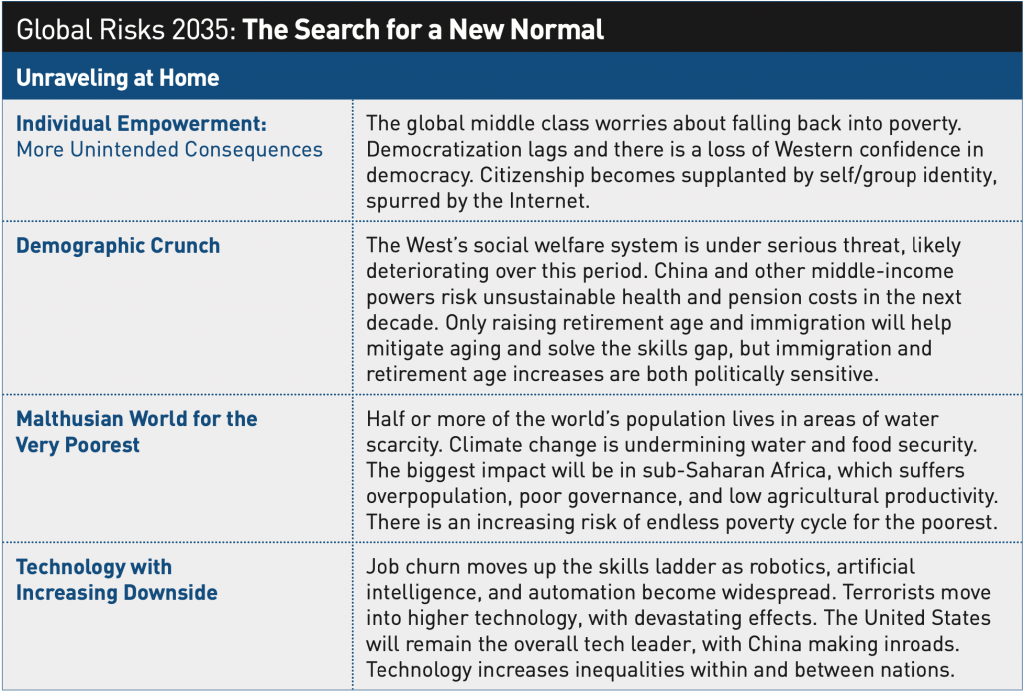The Great Depression was a severe worldwide economic downturn that lasted from 1929 to the late 1930s. It was the longest, deepest, and most widespread depression of the 20th century, impacting countries around the world.
Table of Contents
Causes of the Great Depression
The Great Depression was caused by a combination of factors, including:
- Stock market crash: The Wall Street Crash of 1929 is one of the most famous events that triggered the Great Depression. It led to a significant decline in stock prices, causing panic among investors.
- Banking failures: As a result of the stock market crash, many banks failed. Money deposited by customers was lost, leading to a loss of confidence in the banking system.
- Overproduction: During the 1920s, there was a rapid increase in industrial production. However, demand did not keep up with this overproduction, leading to a surplus of goods.
- Unequal distribution of wealth: The wealth gap between the rich and the poor widened during the 1920s. The majority of the population could not afford to buy the goods being produced.
- Tariffs and trade policies: The implementation of protectionist trade policies, such as high tariffs, worsened the economic situation by reducing international trade.
Impact of the Great Depression
The Great Depression had a profound impact on the global economy, society, and politics. Some of the key effects include:
| Economic Effects | Social Effects | Political Effects |
|---|---|---|
| High unemployment rates | Homelessness and poverty | Political unrest |
| Bank failures | Reduced household incomes | Rise of extremist political movements |
| Decline in industrial production | Increased crime rates | Government interventions and reforms |

Credit: www.atlanticcouncil.org

Credit: fastercapital.com
Government Responses
In response to the Great Depression, governments around the world implemented various measures to mitigate the effects and stimulate economic recovery:
- New Deal: In the United States, President Franklin D. Roosevelt implemented the New Deal program, which included public works projects, financial reforms, and social welfare programs.
- Monetary policies: Central banks implemented expansionary monetary policies to increase the money supply and stimulate borrowing and spending.
- International cooperation: Countries collaborated to stabilize currencies and promote international trade through agreements such as the World Monetary and Economic Conference.
Lessons Learned
The Great Depression highlighted the need for better regulation of financial markets and the importance of government intervention during economic crises. It led to the establishment of institutions such as the Securities and Exchange Commission (SEC) in the United States to oversee financial markets and prevent another stock market crash.
Additionally, governments learned the importance of maintaining a balance between domestic economic policies and international trade relations to avoid protectionist measures and global economic downturns.
In conclusion, the Great Depression was a global economic crisis that had lasting effects on the world. It serves as a reminder of the importance of prudent economic policies, effective financial regulation, and international cooperation to prevent and mitigate future economic downturns.